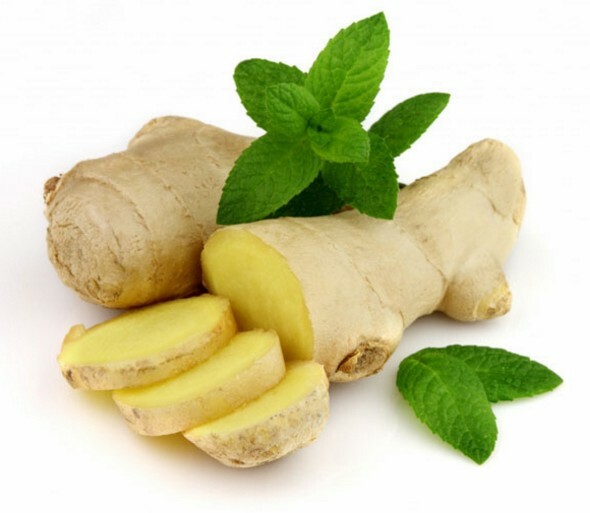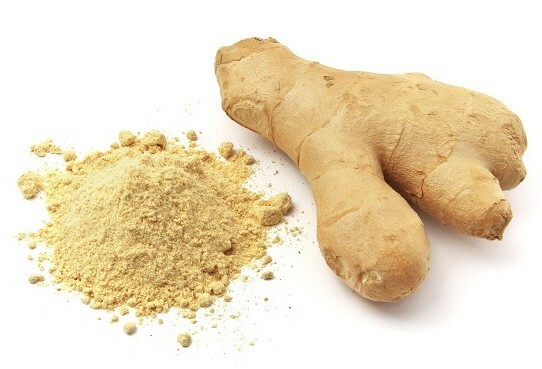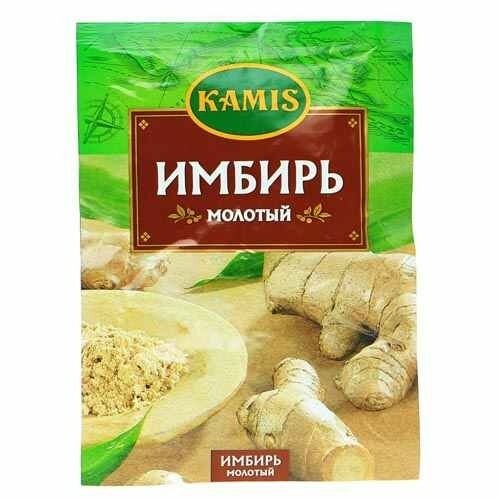Contents:
- Therapeutic properties of ginger root
- Application for hypertension
- Methods of application
- Precautions
Ginger medicinal or pharmacy is a perennial tropical herb of the Ginger family, which has found wide application in cooking and folk medicine. It occurs in Western India and in Southeast Asia. Its healing properties were discovered and actively used by Tibetan monks and ancient Oriental healers. It helps with a very large range of diseases and in Indian medicine is considered a universal medicine. The root of ginger is used to strengthen immunity, treat colds, cough, headache, digestive disorders, increase vitality, improve memory, with sexual impotence, rheumatism. With cardiovascular disease, the root of the plant should be used with caution. In folk medicine, ginger is often used in hypertension, but in some cases it can harm and aggravate the course of the disease.

Therapeutic properties of ginger root
The rhizomes of ginger contain a large number of different biologically active compounds that positively influence the functioning of the human body. These include:
- minerals( P, K, Si, Na, Mg, Fe, Cr, Mn, Zn);
- vitamins( C, B1, B2, B3, A);
- essential oils( tsingiberyeny, gingerol, etc.);
- cellulose;
- amino acids( valine, tryptophan, asparagine, phenylalanine, methionine);
- organic acids;
- fats;
- sugar.

Ginger helps fight with pathogenic microorganisms, increases immunity, renders tonic, diaphoretic, analgesic, spasmolytic, expectorant, anti-inflammatory and healing effect.
It improves the digestive system, increases bile secretion and liver function, stimulates appetite, helps with flatulence, has mild laxative effect, stops vomiting, helps reduce blood sugar and speeds up metabolism.
Interesting: In ground form, ginger as a spice is widely used in cooking. It is added to various drinks, pastries, jams, sauces, cereals, vegetable and meat dishes to give them a special burning taste and a refreshing aroma. Sometimes the root of ginger is used as an independent product, marinating it, preparing jam or candied fruit.
Use in hypertension
Hypertension is a disease in which a persistent increase in blood pressure( BP) values is observed in a person over a long period of time. Most often it develops in people over 50 years old who suffer from overweight, lead a low-level lifestyle, consume a lot of salt and do not eat healthy, are stressed. One of the main risk factors for this disease is hereditary predisposition. Hypertension is dangerous for the body development of severe complications, kidney, heart, eye and acute conditions( stroke, heart attack).
The main effective method of treatment of hypertension and correction of blood pressure is a systematic daily intake of special antihypertensive drugs. The mechanism of action may be diuretics, calcium antagonists, β-adrenoblockers, angiotensin-converting enzyme inhibitors, angiotensin II receptor antagonists, and imidazoline receptors. Often, with hypertension as a supplementary therapy, good results are also provided by folk remedies. However, they are most effective for preventive purposes. One such means is the root of ginger.
Warning: Ginger in different people can have different effects on blood pressure( increase or decrease) depending on the state of the body and the stage of hypertension.
Useful properties of ginger root in the treatment of hypertension are:
- ability to thin the blood;
- spasmolytic effect on the surrounding vessels of muscle tissue;
- improvement of blood microcirculation;
- reduces the risk of accumulating cholesterol in the blood and the formation of cholesterol plaques on the walls of the vessels( prevention of atherosclerosis);
- enlargement of peripheral blood vessels;
- decrease in nervous stress from stress;
- is a diuretic.
The root of ginger normalizes intracranial pressure, promotes increased attention, improves mood, activates cerebral circulation.
Is it safe to eat ginger for hypertension? It is recommended to use it only at the initial stages of the disease, when the patient does not yet need to take antihypertensive medications. This is due to the fact that it is able to influence the pharmacological effect of these drugs, strengthening or weakening it, which can lead to unpredictable consequences. The most effective ginger for the prevention of hypertension in people at risk.
Ways of using
Ginger for hypertension and for its prevention can be used in the form of tea, beverages, small amounts of additions as seasonings in the form of powder to various dishes, and also make ginger baths.

Tip: For medicinal purposes, it is better to use the root of fresh ginger. It remains usable for 7 days after purchase if stored in the refrigerator. Dry root can be stored for 4 months from the moment of harvesting in a dry and warm place.
Tea with ginger
For making ginger tea, fresh root of the plant, grate. The resulting mass( 1 - 2 tsp) is poured into 1 liter of hot water and boiled over low heat for 10 minutes. Filter and drink. If desired, you can add lemon, sugar or honey to this flavor to improve its taste. It should be consumed in the morning, preferably at breakfast, as it has a pronounced toning effect and can cause sleep disturbances. Instead of fresh ginger for making tea, you can take ⅓ tsp.dry ginger powder.Ginger drink
To prepare the drink in equal proportions, mix ginger powder, cardamom powder and cinnamon. Take ½ tsp.of the resulting mixture, placed in a glass and poured over with boiling water. Insist 15 to 20 minutes. Use after eating 100 ml twice a day.
Ginger baths
At high blood pressure baths are recommended based on the decoction of the root. Prepare them as follows. Shredded ginger pour 200 ml of boiling water and insist on a water bath for 15 minutes. Then filtered through a double layer of gauze and poured into a tub with warm water.
Precautions
Ginger with hypertension has contraindications, therefore, before using it, consultation of the attending physician is absolutely essential. It is not recommended for use in the case of:
- pregnancy and lactation;
- stomach ulcers;
- revealing an allergic reaction or individual intolerance;
- ulcerative colitis;
- diverticulitis;
- angina;
- stones in the gallbladder;
- suffered a heart attack and stroke;
- of hemorrhoids;
- ischemic heart disease;
- severe forms of hypertension;
- liver pathologies.
Given that ginger liquefies blood, it is dangerous to use it at high temperature( more than 39 ° C), because due to the increased fragility of the vessels, bleeding of various severity can occur for this reason.
When taking funds from the root of a plant, one must take into account its interaction with certain groups of drugs. It enhances the effect of drugs that normalize the heart rhythm, reduce blood clotting, have hypoglycemic effect, increases the likelihood of hypokalemia.
Video on the use of ginger in hypertension:
